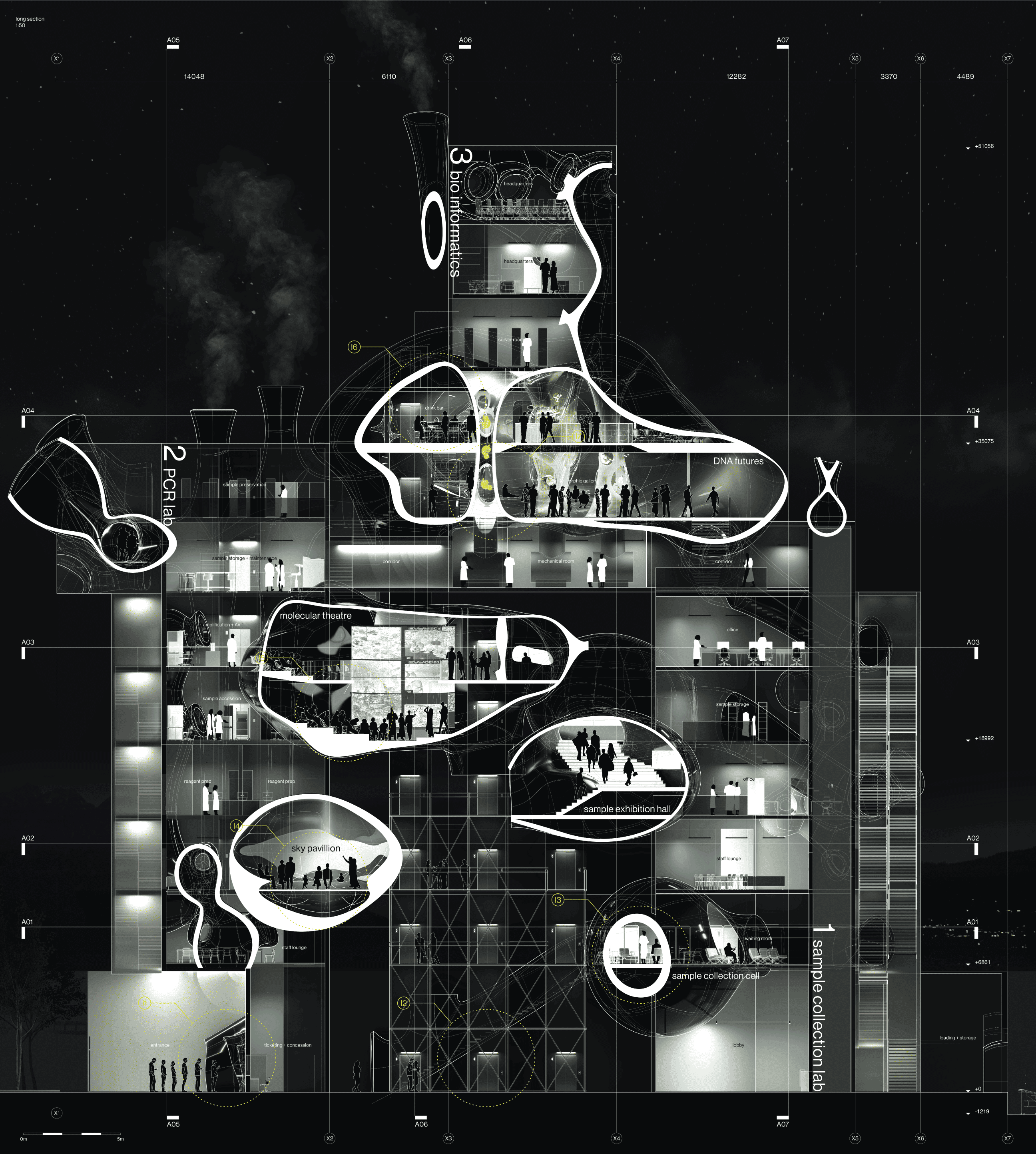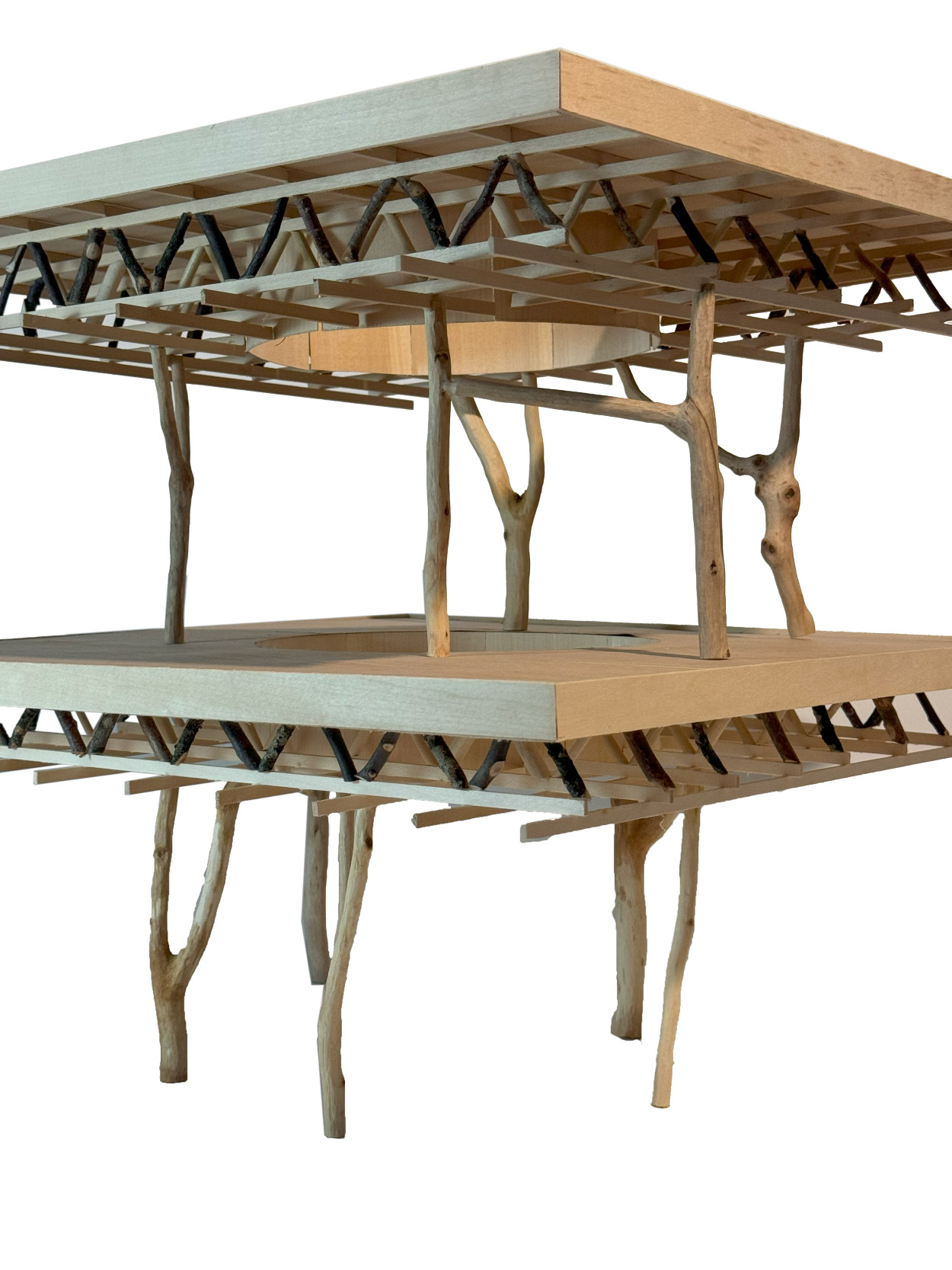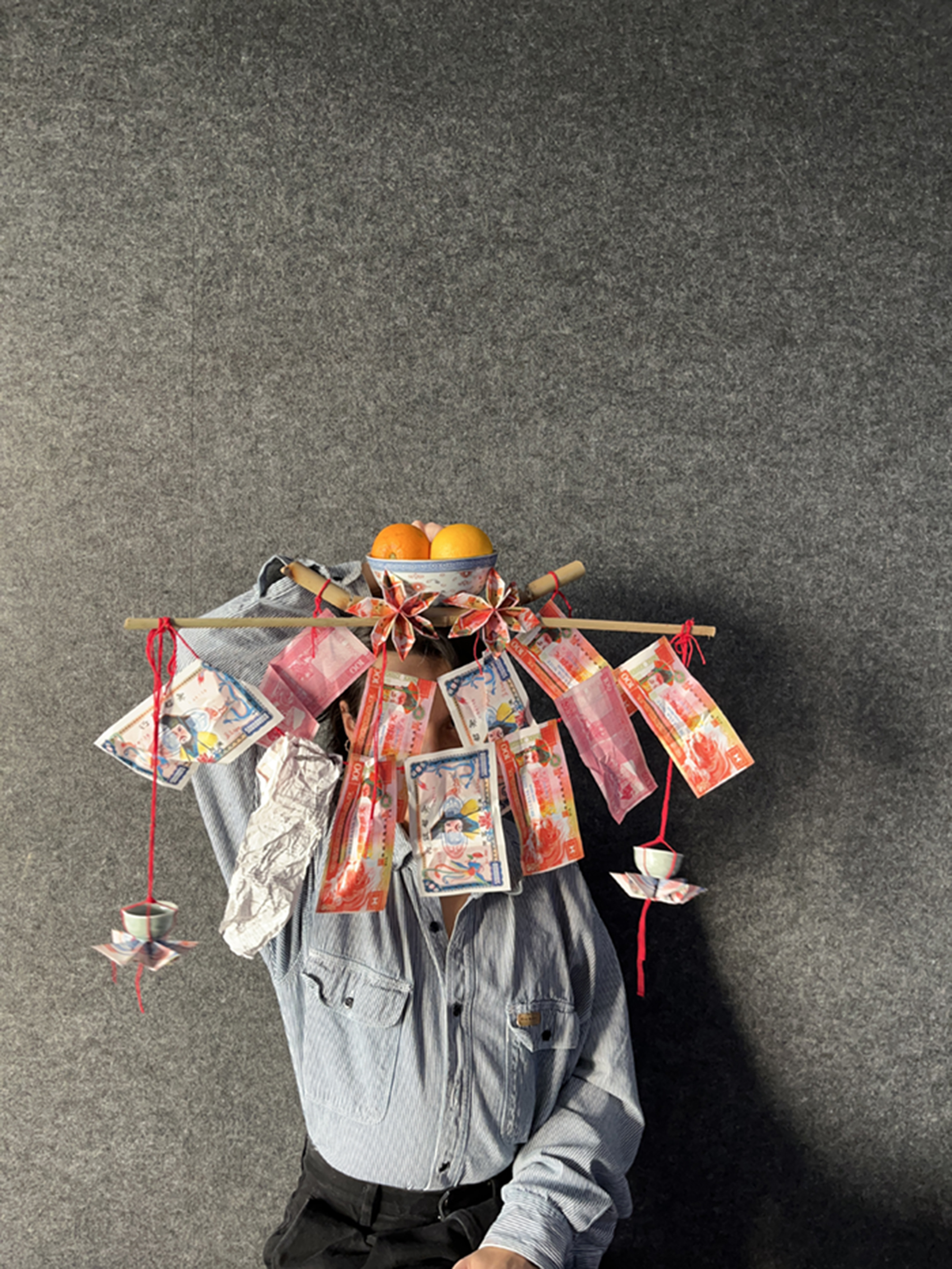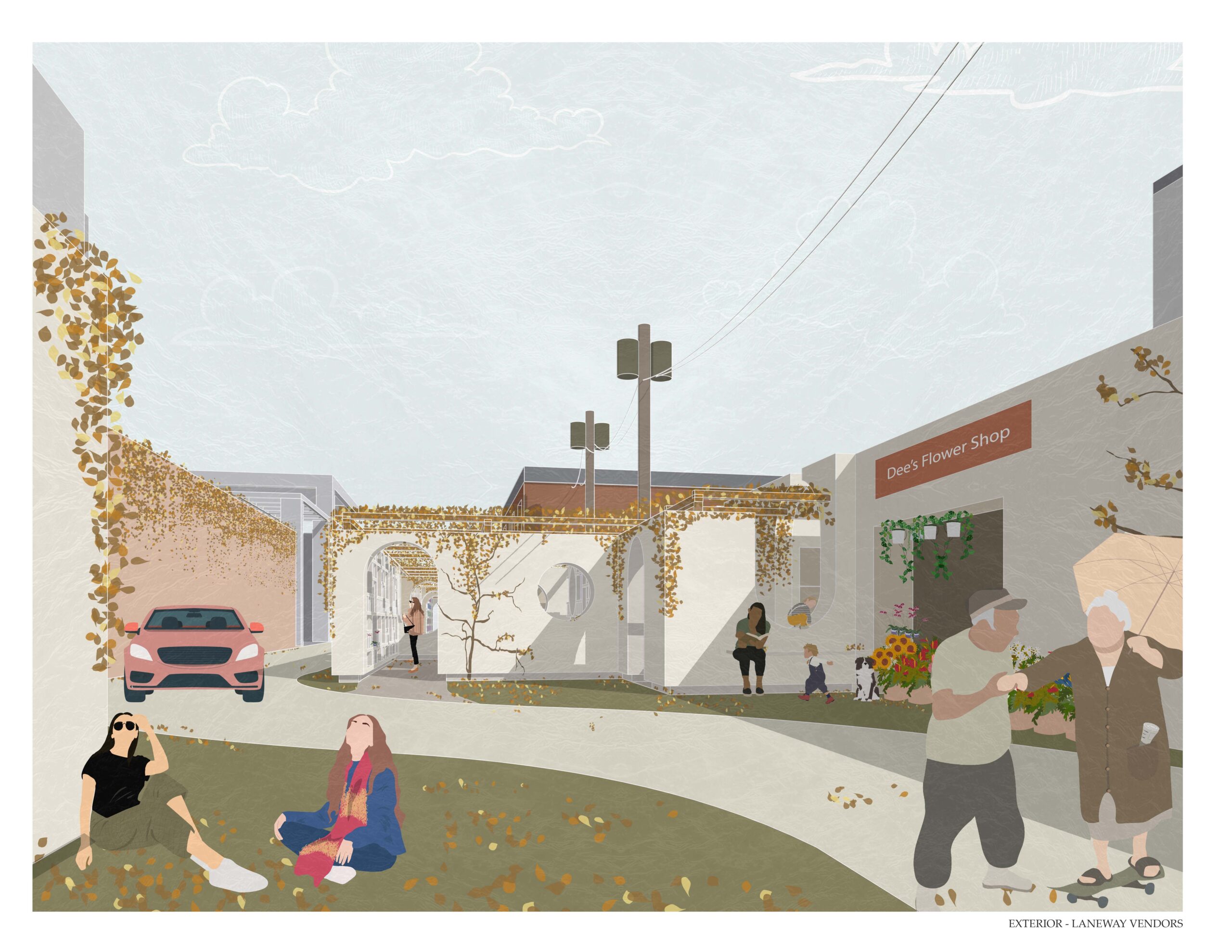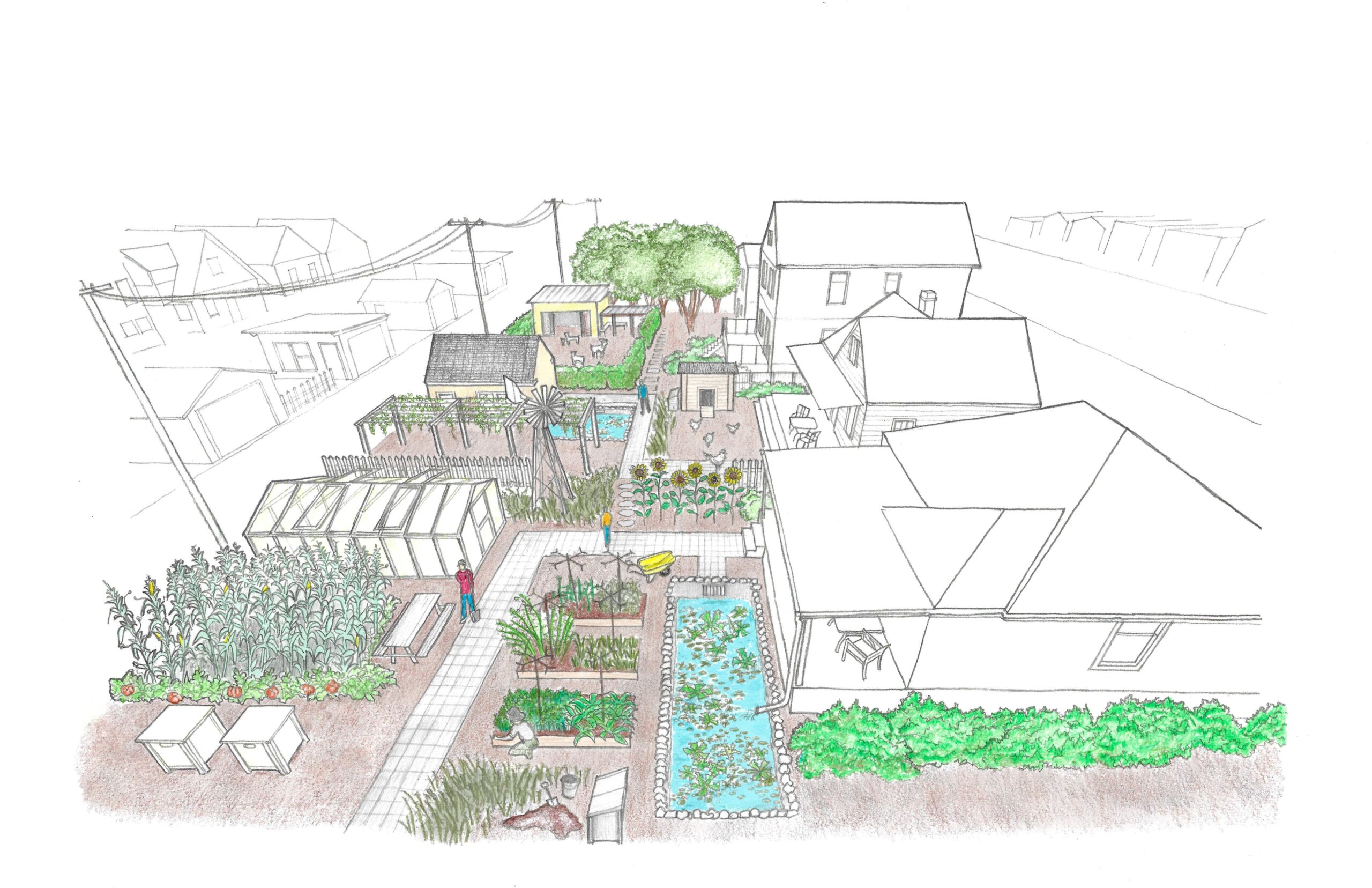Areas of study may include community-engagement and design, housing, digital computation, modeling and fabrication, urbanism, green building, and material and phenomenological explorations, to name but a few.
You’ll have the opportunity to collaborate with peers with different levels of experience and backgrounds on design across an array of scales. You’ll be able to contribute to the shaping of the project definition, and explore issues of representation and expand disciplinary techniques beyond convention.

